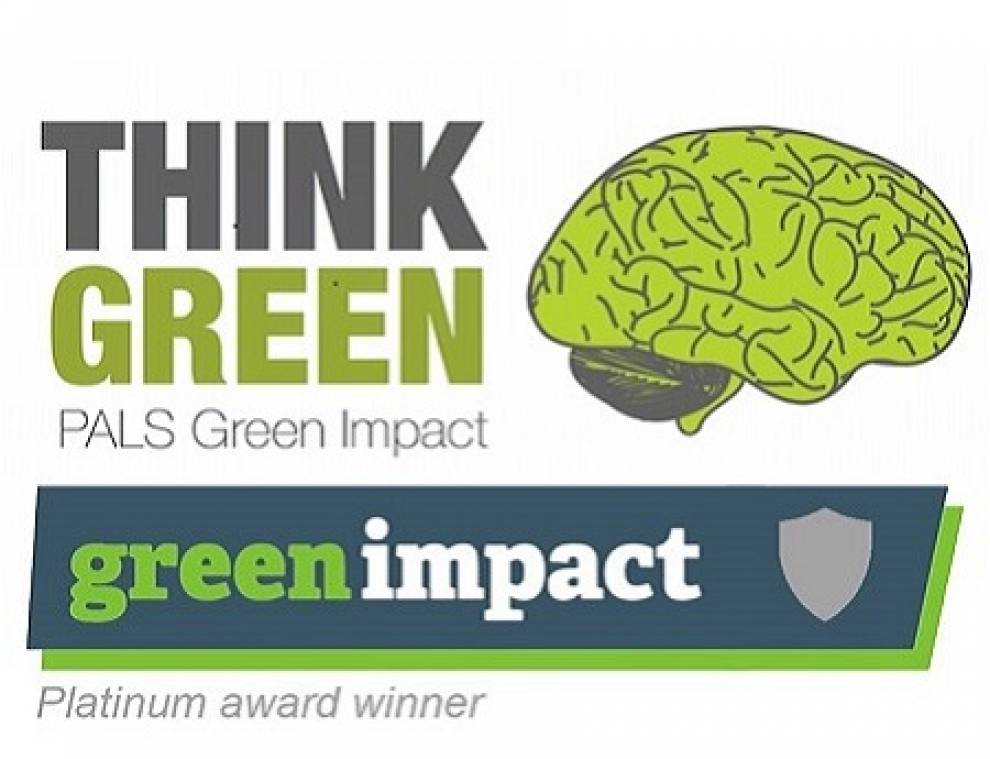Research from Drs Neil Garrett, Tali Sharot and Stephanie Lazzaro reveals how lying takes our brains down a 'slippery slope’
26 October 2016
Telling small lies desensitises our brains to the associated negative emotions and may encourage us to tell bigger lies in future, reveals new UCL research led by Dr Neil Garret, and Dr Tali Sharot (both Experimental Psychology) and funded by Wellcome and the Center for Advanced Hindsight.
The research, published in Nature Neuroscience, provides the first empirical evidence that self-serving lies gradually escalate and reveals how this happens in our brains.
The team scanned volunteers’ brains while they took part in tasks where they could lie for personal gain. They found that the amygdala, a part of the brain associated with emotion, was most active when people first lied for personal gain. The amygdala’s response to lying declined with every lie while the magnitude of the lies escalated. Crucially, the researchers found that larger drops in amygdala activity predicted bigger lies in future.
Dr Sharot, senior author, explains: “When we lie for personal gain, our amygdala produces a negative feeling that limits the extent to which we are prepared to lie. However, this response fades as we continue to lie, and the more it falls the bigger our lies become. This may lead to a ‘slippery slope’ where small acts of dishonesty escalate into more significant lies.”
Read the full story on the UCL News pages.
Find out more
 Close
Close





